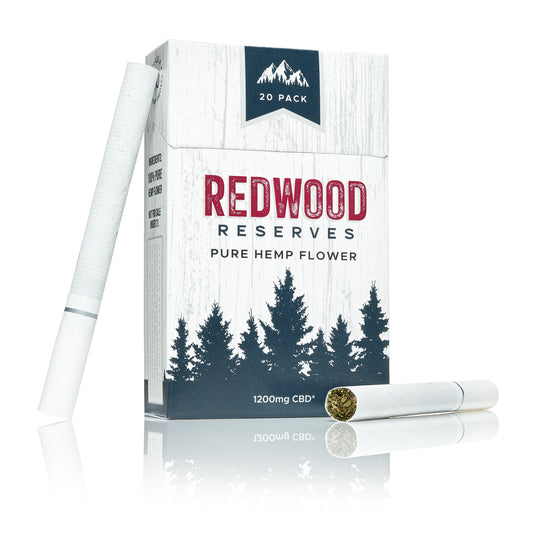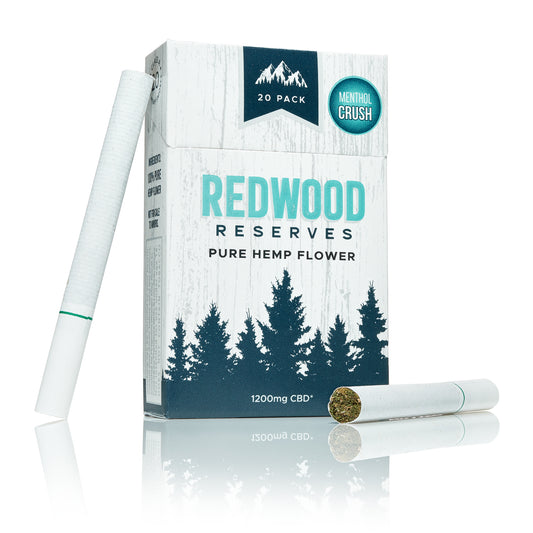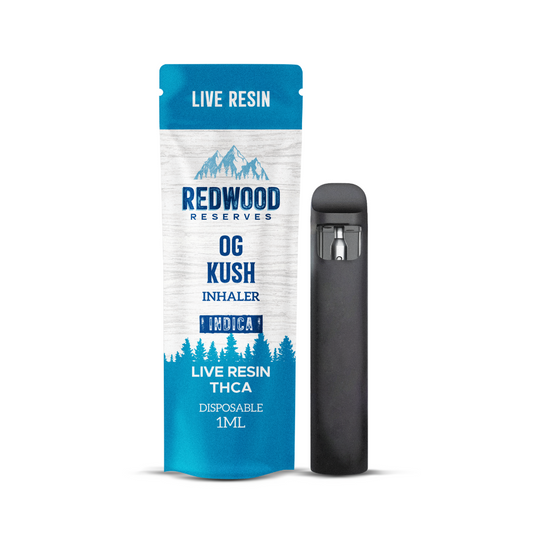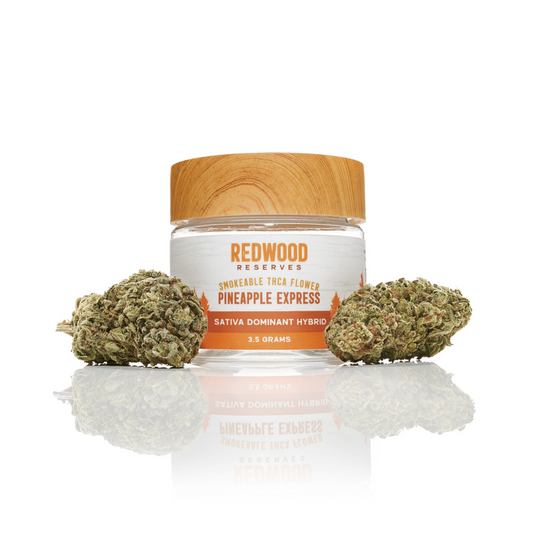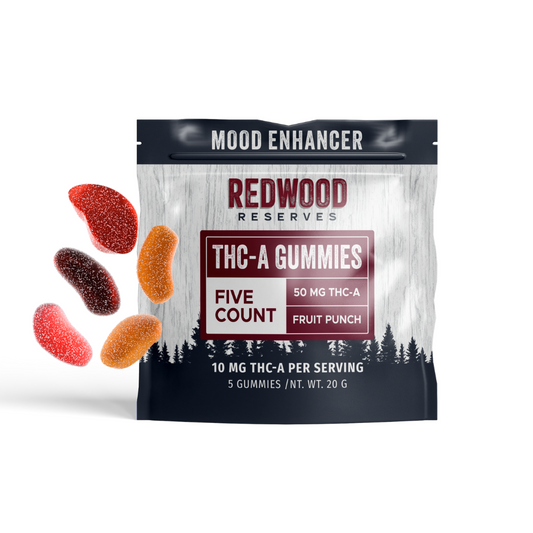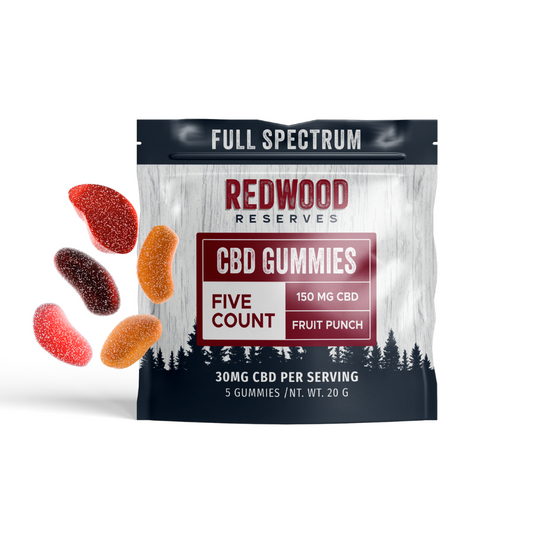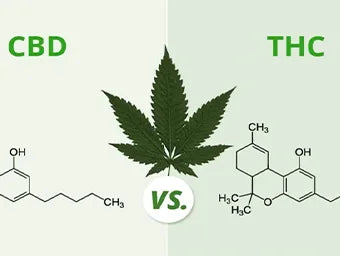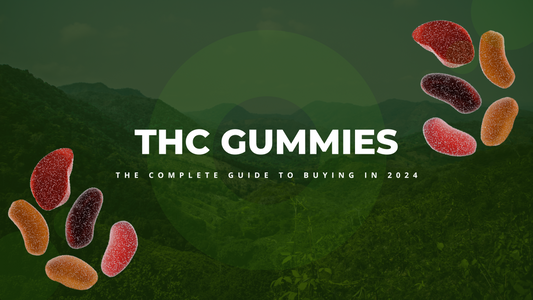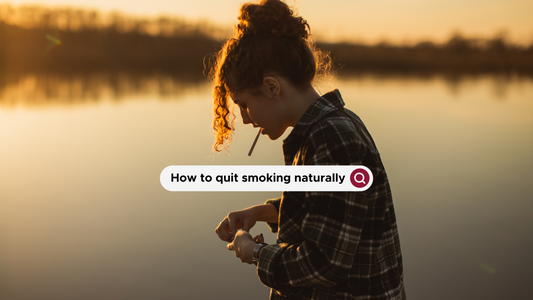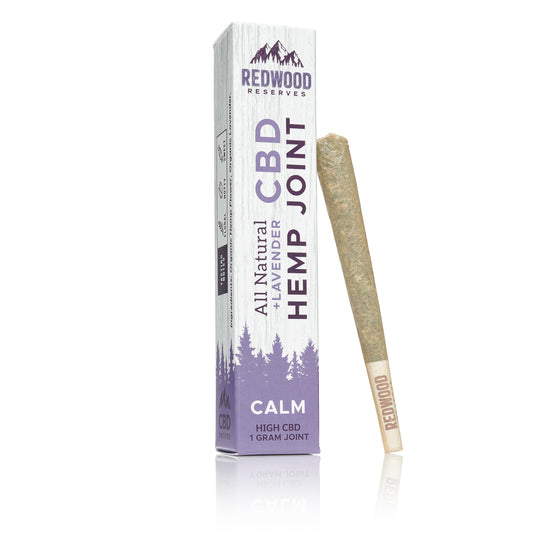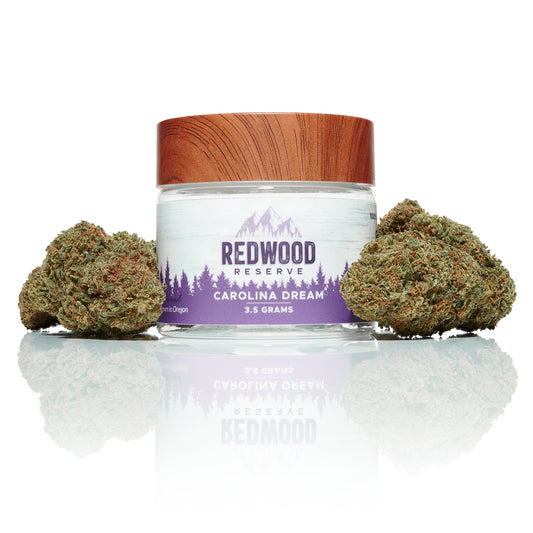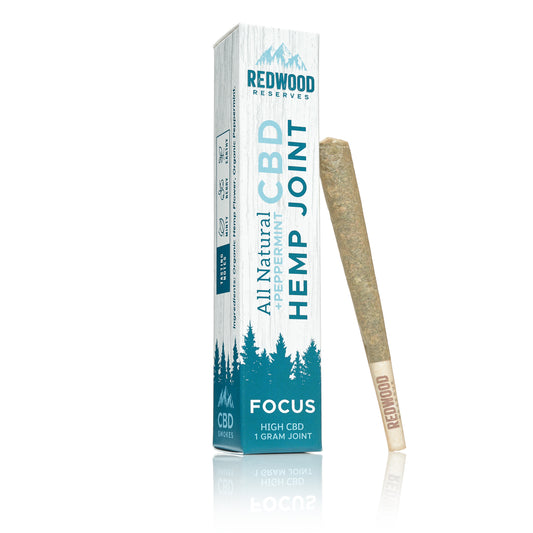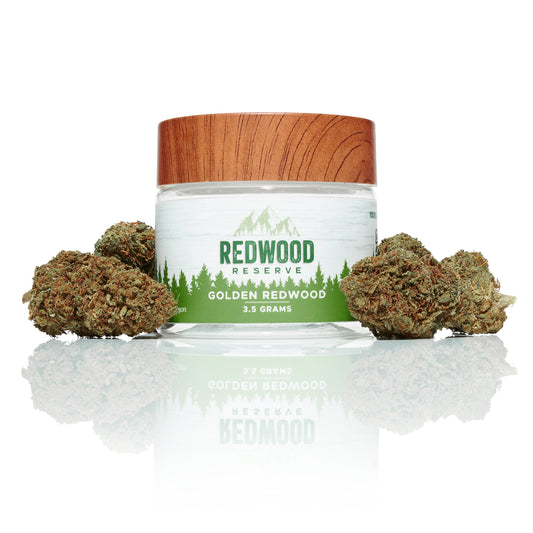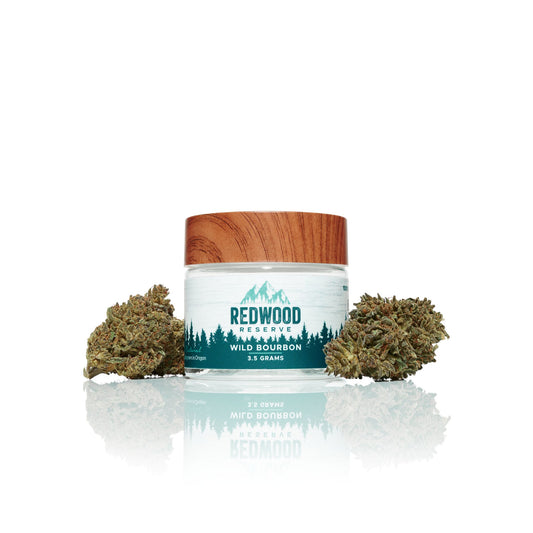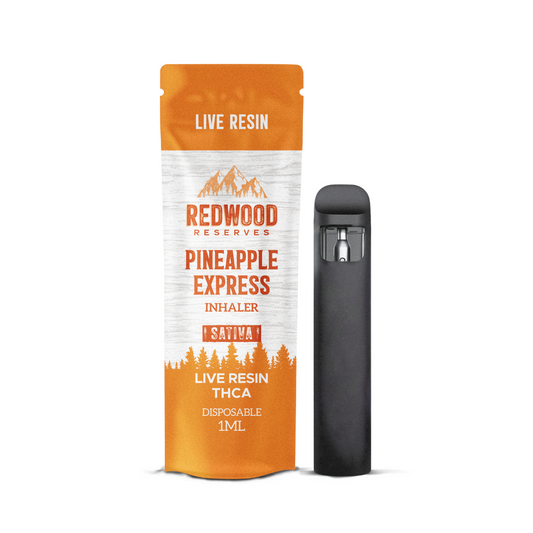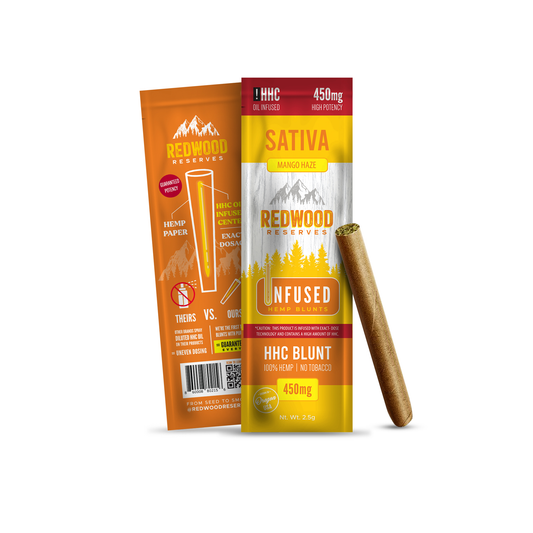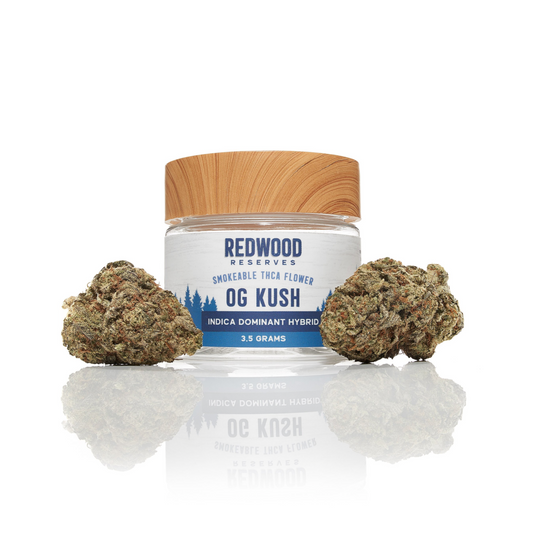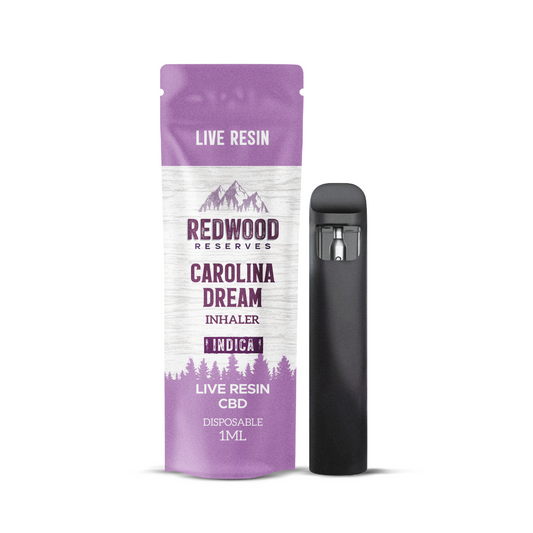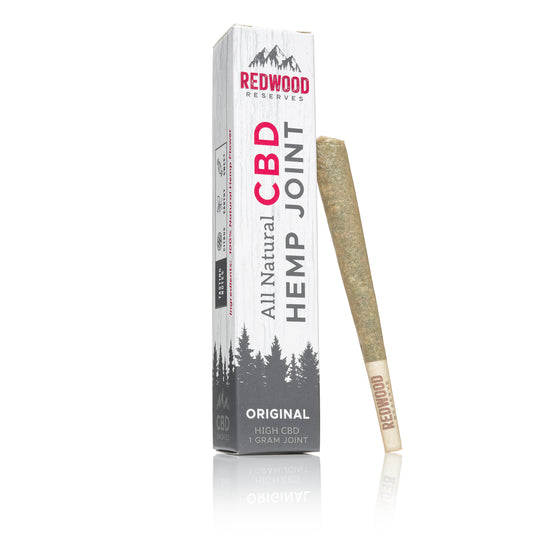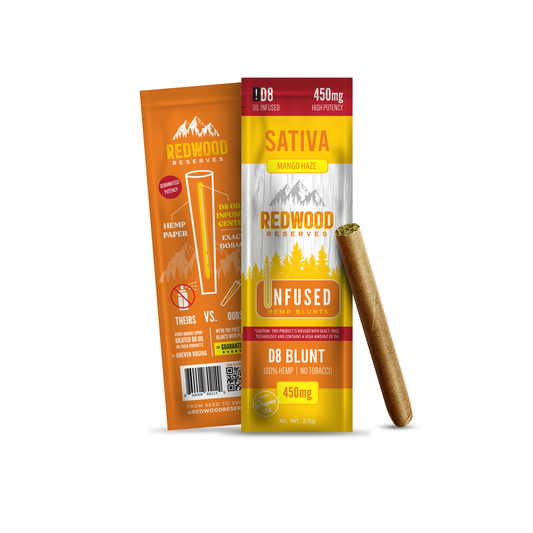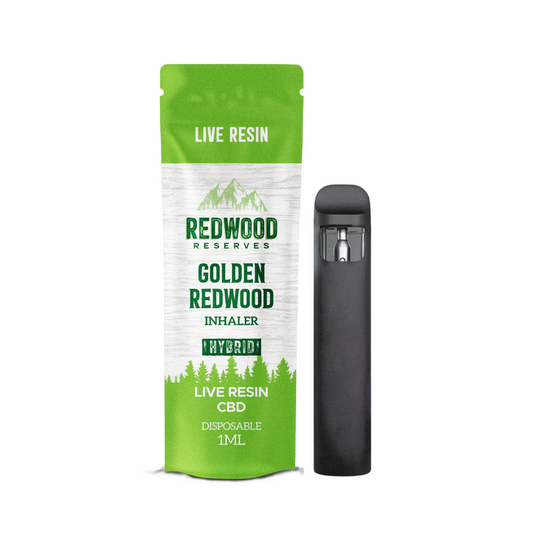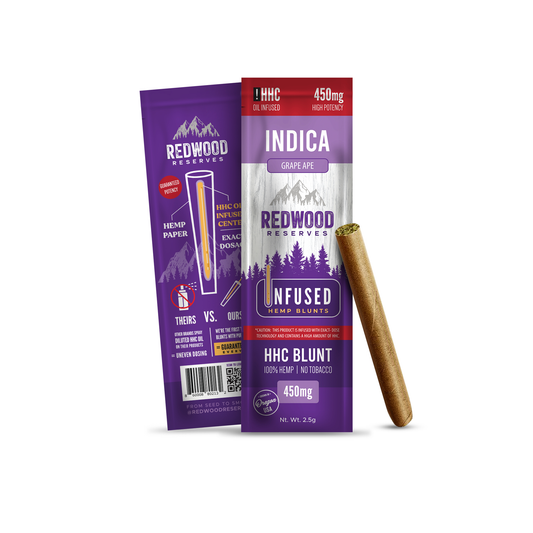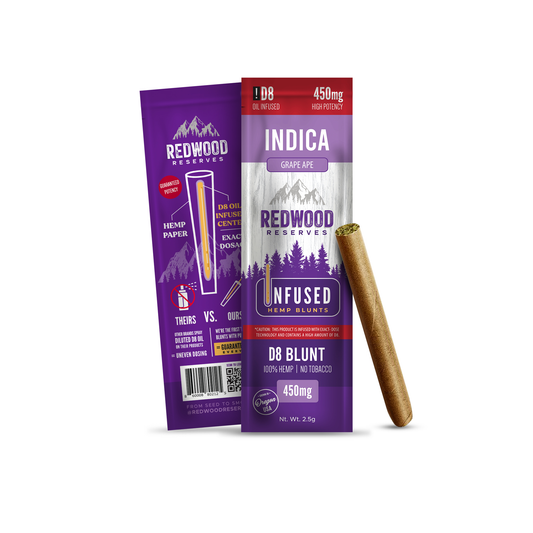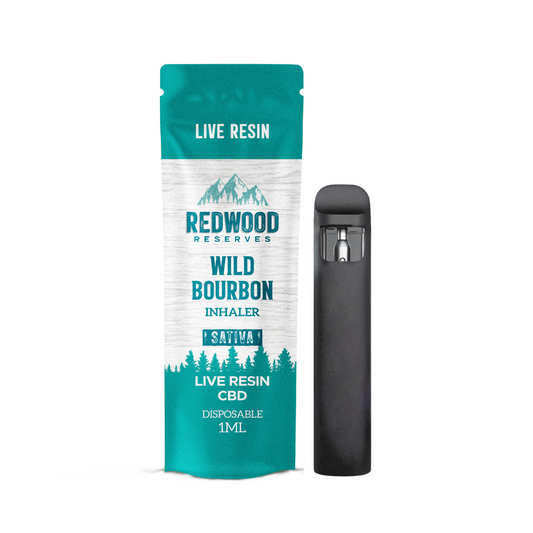CBD is a cannabinoid that has created significant buzz in the wellness industry. This newly found interest transcends the fame of another potent cannabinoid, known as THC. While these two cannabinoids are very different, many cannabis consumers still mistake one for the other. Here, we will analyze THC vs. CBD to understand their similarities, differences, and how they affect your body.
Let’s start by breaking down exactly what CBD and THC are.
You may also want to read: Quit smoking with CBD cigarettes.
Understanding CBD: What Is It?
CBD, also known as cannabidiol, is found in cannabis plants with non-intoxicating properties. The absence of psychoactive attributes indicates that CBD cannot produce the high like its cousin component, marijuana. According to the 2018 Farm Bill, CBD products that match the THC limit are legal federally. So, if you use hemp-derived CBD oil, you don’t need to worry since it doesn’t contain more than 0.3% THC and won’t get you stoned while still providing all the benefits of CBD.
Learn more about CBD on our blog
What Exactly Is THC?
THC has gained enough popularity so far, so you might have heard about it. THC or Delta-9-tetrahydrocannabinol, is the primary active component in marijuana plants. This particular cannabinoid is known for its intensely relaxing and euphoric sensations that give you a high. However, you may still find other cannabinoids that can cause a high. THC is the only compound present in significant quantities enough to produce psychoactive effects. It is the reason why cannabis consumers prefer THC for recreational purposes.
THC vs. CBD: Critical Differences Between The Two
As mentioned earlier, while THC and CBD are both derived from the same cannabis plant, they still have a set of differences.

We would like to clarify that these fundamental differences are only valuable as a prompt reference point. In reality, recreational consumers might want to use products with CBD for many reasons. Similarly, research believes that THC has many therapeutic benefits.
THC vs. CBD: How They Affect The Brain
Most cannabis consumers report the effects of THC as pleasurable sensations that involve euphoria, sensory stimulation, mood changes, and better cognitive abilities. In the case of marijuana abuse, sometimes these effects can be overwhelming that can even lead to anxiety and paranoia.
On the other hand, CBD flowers don’t produce any psychoactive effect on their own. But it affects how THC produces these effects. CBD helps stabilize and level out a solid reaction to THC for its users. In other words, CBD can alleviate the response to THC by binding to the sites of the CB1 receptors. It makes cannabis users believe that marijuana and CBD cause the same psychoactive effects, which is not valid.
Let us explain THC vs. CBD in this way, CBD doesn’t induce euphoric feelings, so it’s not intoxicating. It, however, can help regulate your mood and emotional durability.
THC vs. CBD: How They Affect The Bodies
People usually prefer CBD products when they want more of a body-focused experience. However, THC effects depend on the cannabinoid profile, terpene content, and ratios. Some marijuana strains produce more cerebral results, while some cause a significant high. Due to this, cannabis experts recommend using both types to amplify the effects of CBD without feeling intoxicated.
THC vs. CBD: How Do They Work?
THC and CBD interact with the endocannabinoid system in humans and some animals. For instance, THC acts as a stimulant of CB1 and CB2 receptors, but CBD exerts little to no effects on these receptors. Instead, CBD acts on various receptor-based and receptor-independent pathways in the body. Different studies suggest that THC and CBD can have corresponding impacts regarding their therapeutic benefits. However, the mechanisms by which both exert their effects are entirely different.
Read also: CBD kief: potent and versatile.
THC vs. CBD: Source
While CBD can source through either hemp or marijuana, hemp-derived CBD is mainly preferred to avoid a more significant amount of THC because of its psychoactive properties. On the other hand, THC is largely sourced from marijuana in higher quantities, whereas hemp contains it in limited amounts.
CBD vs. THC: Side Effects
Every cannabis consumer has a different experience with CBD and THC. CBD rarely causes adverse side effects when used correctly. According to the world health organization, CBD is considered a safe and well-tolerated cannabinoid. However, drug interactions are one of the common causes of adverse reactions. For instance, CBD doesn’t get along well with certain blood thinners, heart rhythm, and thyroid medications.

We recommend starting from a relatively low dose and then increasing it gradually to minimize the risk of side effects. It is also important to talk to your healthcare provider about your particular health condition to see if CBD can interact with certain medications that you take.
On the contrary, THC has more severe side effects when it is taken in higher doses. Some common side effects of THC include:
- Anxiety
- Slowed reaction time
- Increased heart rate
- Memory loss
THC may also cause problems with coordination, making simple tasks like walking or talking challenging.
It might be a relief for you to know that CBD and THC don’t possess serious health risks. However, if used for extended periods, THC can be dangerous and cause unwanted psychoactive effects.
How To Take CBD And THC
You can consume THC and CBD in several ways. Many cannabis enthusiasts choose to smoke or vape CBD. CBD cigarettes can also help avoid tobacco smoking and reap the effects of CBD.
Read also: How to quit smoking weed.
Like CBD, THC is also available in many other forms, such as oils, gels, topicals, and edibles such as gummies or brownies. You can also take THC in the form of beverages containing mariijuana oil.
Try Redwood reserves CBD cigarettes now.
THC vs. CBD: Legality
According to the Farm Bill 2018, CBD products containing less than 0.3% THC are legalized in the US. With the passing of this law, industrial hemp became a legal commodity in all 50 states. However, the legality of hemp-derived CBD may differ in various states, so we recommend checking your state’s regulations before purchasing hemp-derived CBD products.
THC and marijuana are considered illegal on a federal level in the United States by the Drug Enforcement Administration, and they are taken as controlled substances. However, some states have approved marijuana for medical purposes, while others have legalized it for recreational use.
Conclusion:
To sum it up, we would like to clarify that THC and CBD are distinct yet incredible compounds on their own. They complement each other and help effectively support your endocannabinoid system.
Besides, if you live in a state which doesn’t allow marijuana use, you can have hemp-derived CBD products like CBD cigarettes and enjoy them to the fullest since they are legal in the US.
Redwood Reserves also offers CBD flowers, CBD Kief, CBD Dabs, CBD pre-rolls. Buy our products to enhance your smoking experience.
